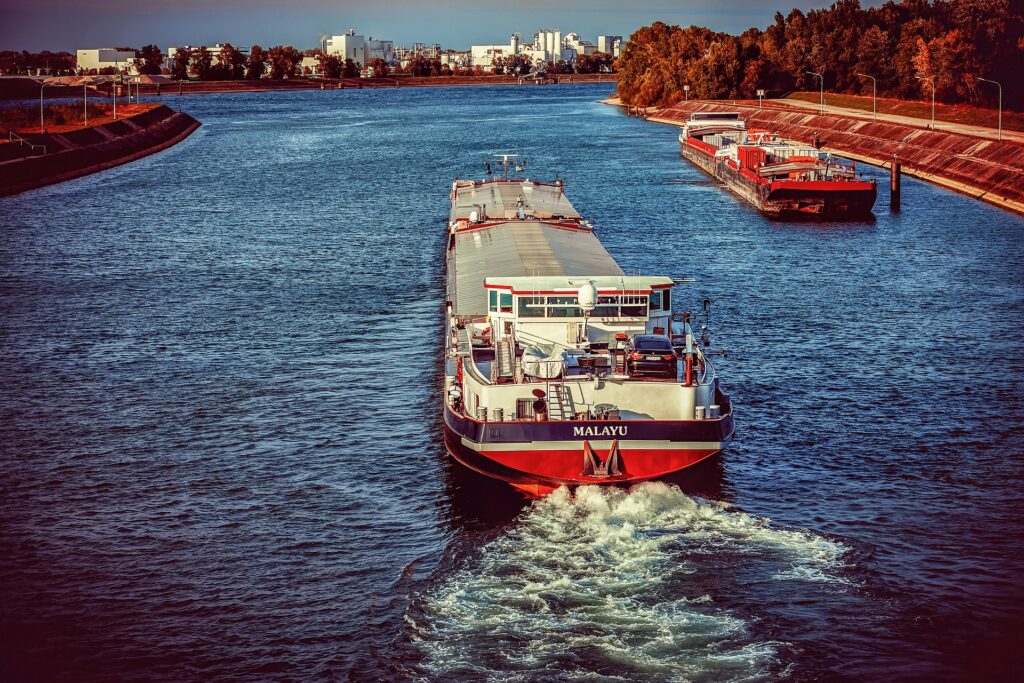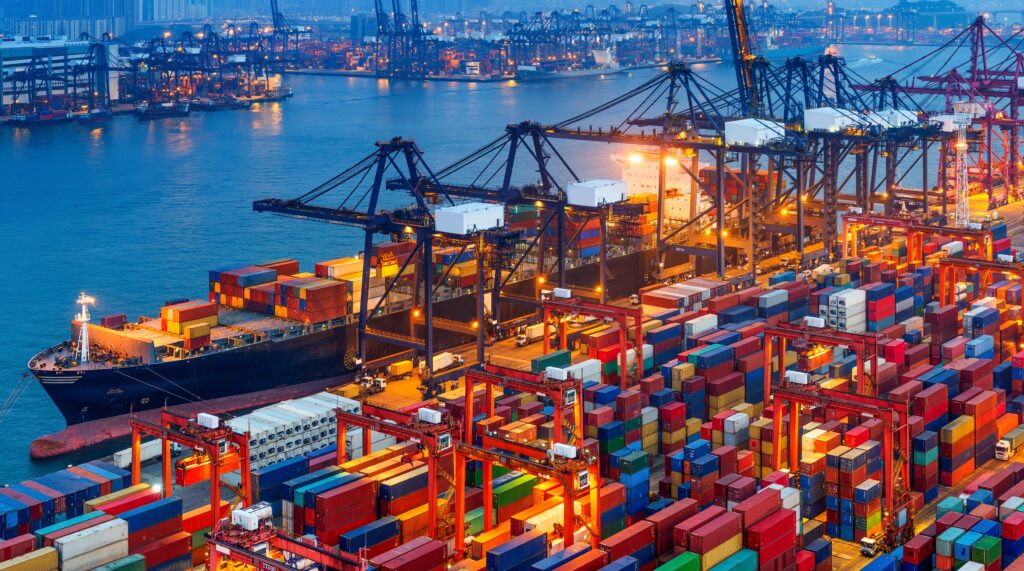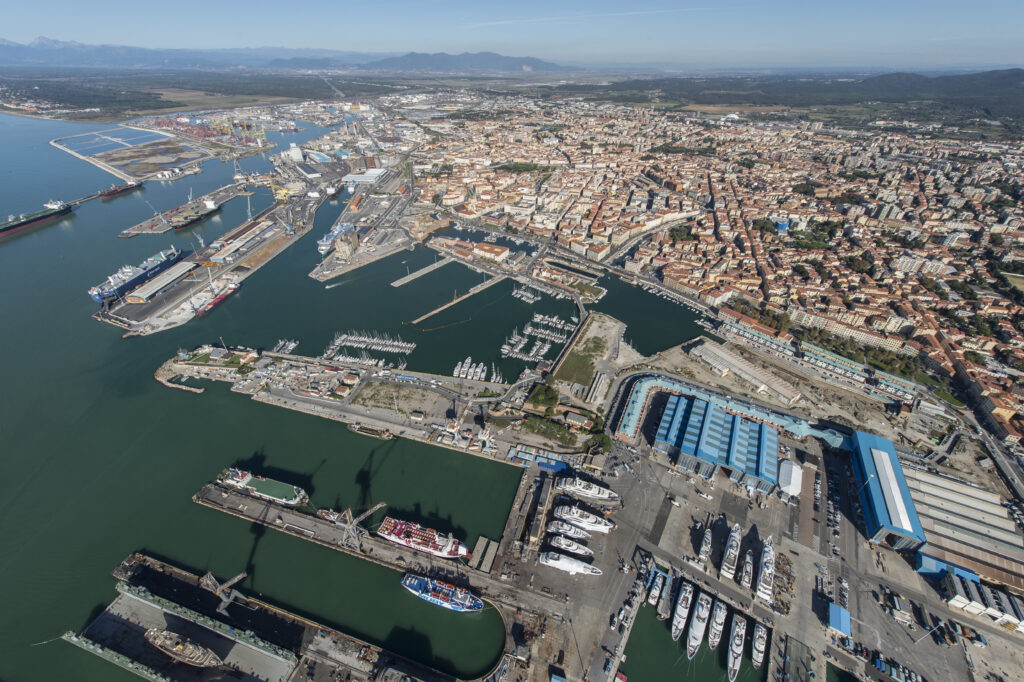The brief: Greening and Maritime Transport

As we have already written, maritime transport plays a key role for the European economy. Indeed it transports approximately 80% of external trade and ensures smooth and efficient trade flows in and out of the European Union. Let’s look at the so-called green initiatives regarding this sector.
Value of maritime transport
Within the complex European framework with 335 maritime ports on the TEN-T Network, the Italian National Port system carries out an essential role. It facilitates and distributes cargo to and from land-based route networks and connecting the mainland to peripheral areas.
It is now a year since the COVID-19 crisis, which has had a significant impact on our lives, our health systems and, consequently, on our economies. The transport industry has been heavily impacted by measures to contain the pandemic. Continuity of service has been ensured by transport workers under difficult conditions, showing their critical function in serving the population’s basic needs. The transport sector will also be crucial in supporting the economic recovery. This counts in particular for the shipping and ports’ field, with cruise, ferry, ro-ro pax and pax operators being hardest hit.
In this modified context which is still full of many uncertainties and which needs a well-planned recovery scheme, the so-called greening or green transition of ports is more than ever one of the essential steps to put forward.
Considering that the port sector is an essential element of the economy, and of job creation across the Mediterranean, even if it is also exposed to market fluctuation and international crisis; it makes it a relatively volatile source of growth and jobs in a world increasingly exposed to shocks. For this reason, it needs to be supported both for the green transition, and for the recovery after the crisis.

The so-called greening process
Greening maritime transport is one of the great challenges for the MED and for Italy. This concerns greenhouse gas emissions, air and water pollution, accidents and marine spills, noise, and impacts on biodiversity.
Indeed, climate change and environmental degradation are an existential threat to Europe and the world. In this regard, the European Green Deal is the plan to make the EU’s economy sustainable.
In terms of its own organisation and operations, ports are responsible and in charge of reaching the emission reduction goals and reducing their environmental footprint. This may relate to, for example, their own management, the office building, the transportation means (fleet), or any services that a port authority offers.
Within the port ecosystem, there are many stakeholders that must be taken into account to reach the goals. These include terminal and transport operators, but also industries, the energy sector and other stakeholders present in the port. The port authority’s role is to coordinate all actors in order to enable smooth and efficient port operations in complex logistics chains.
Initiatives and future
The European Green Deal demands a 90% reduction in transport emissions, in order to achieve climate neutrality by 2050. Road, rail, aviation, and waterborne transport will all have to contribute to the reduction. Policy measures will include both initiatives to make each transport mode more sustainable, and actions to shift more freight and passengers towards more sustainable transport modes. Therefore, it is important to identify port authorities’ abilities to reduce or impact the transport-related emissions and other external costs within the port ecosystem.
Transport-related activities concern maritime shipping, including related activities such as cargo and handling, passenger services, towage, etc., as well as hinterland transport. Measures and initiatives to reduce the negative externalities of transport can include technical and operational measures, as well as modal shift ambitions and efficiency measures. The port authority can play a significant role in increasing the efficiency and smooth connectivity of the overall port operations, but also depends on all transport stakeholders to closely cooperate and to fulfil their responsibilities in view of their own operations.

This process for such an important transport mode is vital to guarantee a sustainable future for the planet. Our focus will be to follow any and all initiatives to guarantee a sustainable future for our Planet.
